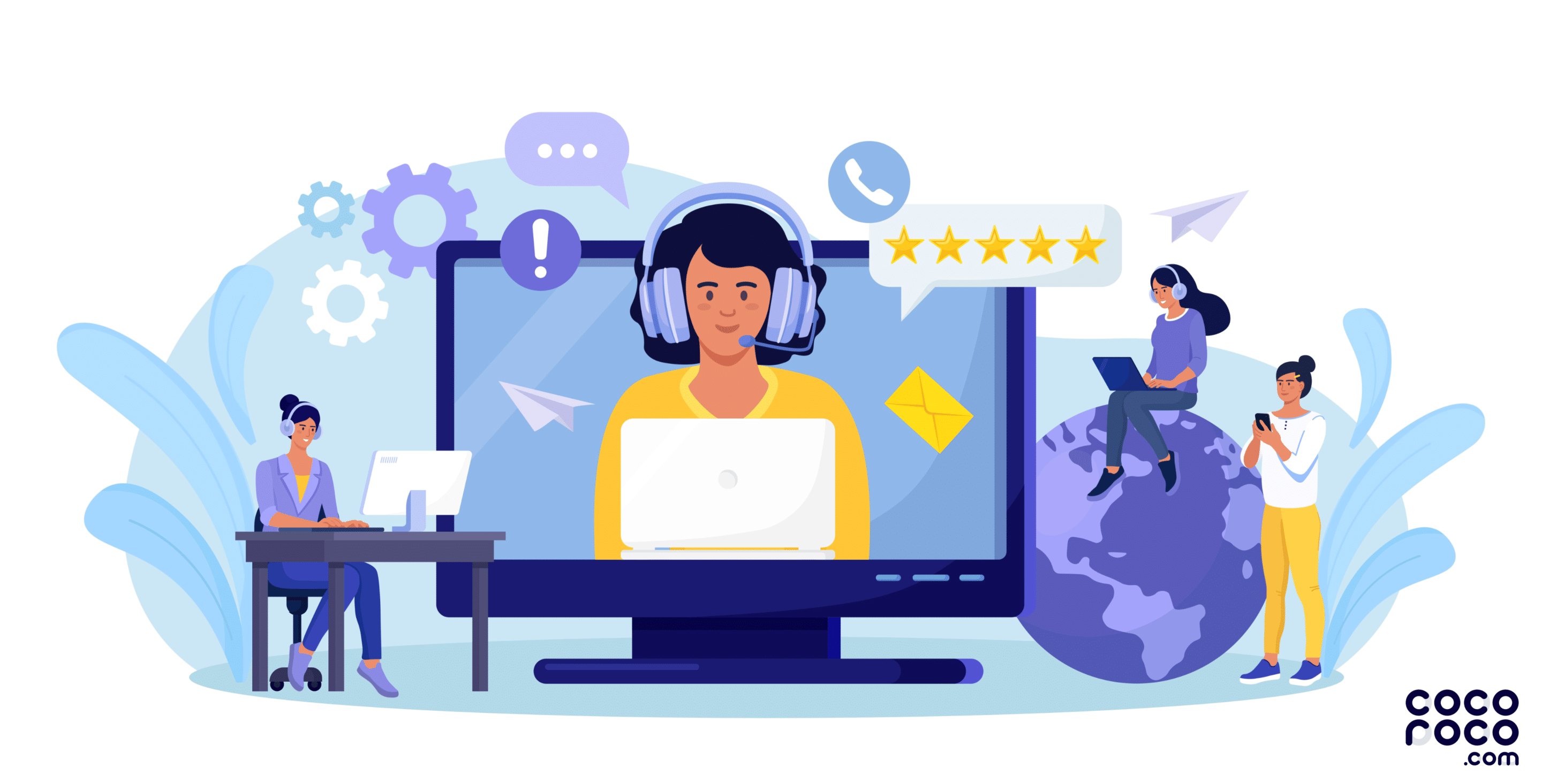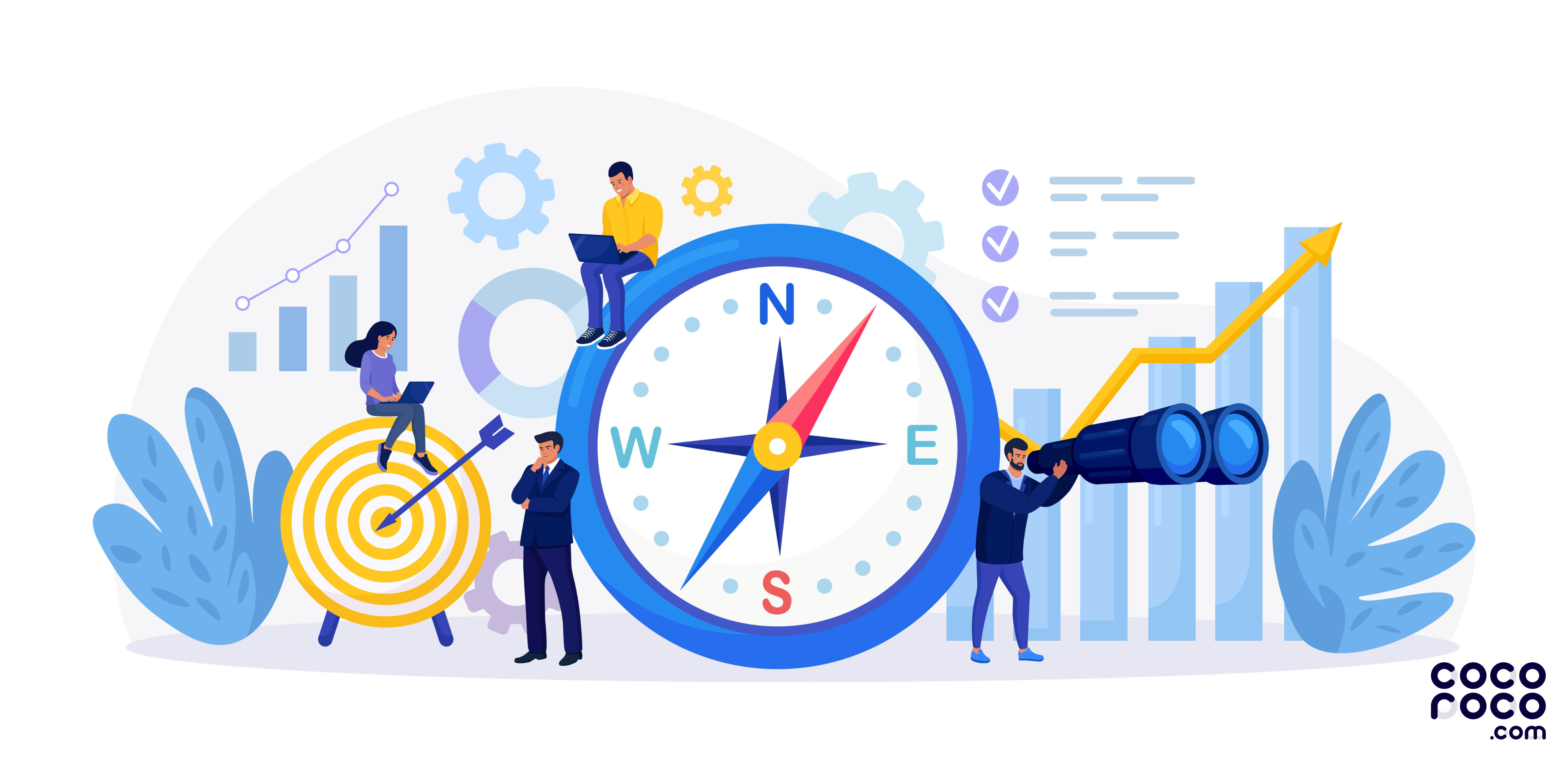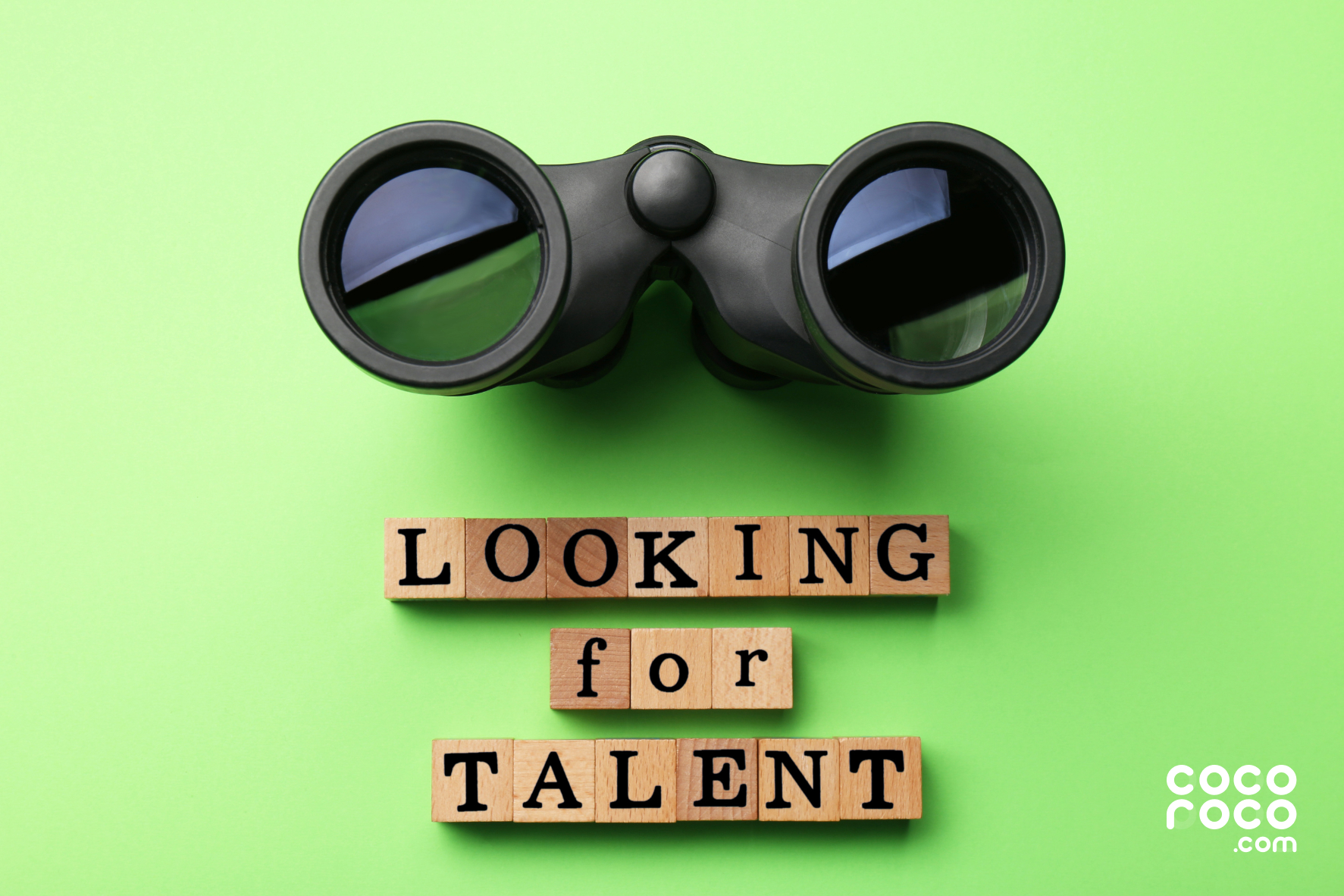To win the war for talent in remote customer service, you need skilled agents on your side.
❗Remember: your customer support talent represents your brand.
Hiring poor agents can damage your reputation and bottom line.
Hiring high-quality talent, on the other hand, is a great way to keep your customers loyal and your profits rolling in.
Zendesk reports that bad service left nearly 100% of customers reluctant to engage further with a brand.
Even two years after a bad service experience, surveys show people continue to hold grudges.
But while almost impossible to fix a bad reputation, you can circumvent it altogether.
What do your customers want?
A Microsoft survey found that almost one-third of respondents consider fast solutions crucial for good customer service.
McKinsey discovered that customers care about honest communication and accurate resolutions, however long the process takes.
With that in mind, the talent you’re hiring needs to be skilled enough to engage with your customers, understand their issues, and resolve them while keeping the customer in the loop and respecting their time and concerns.
All at the same time.
Who should you hire?
When it comes to remote customer support, you want to hire the best; someone whose Control, Emotional, and Intelligence quotients are well-balanced.
High-quality talent that possesses these skills consistently gets the highest satisfaction ratings from customers.
And that is precisely what you need.
Skills from the control quotient
CQ measures an agent’s ability to use judgment and maintain control in high-pressure situations.
High CQers like to show their expertise and are naturally good at taking charge. Control types are committed to the job and getting it done.
(Whatever it takes.)
Because they take action and are driven to resolve problems quickly, CQers earn high customer satisfaction ratings.
High-CQ agents are:
Solutions-oriented
CQers focus on problem-solving, which works great for complex customer issues.
Responsible
They take the initiative in customer interactions and acknowledge feedback constructively.
Strong in work ethic
Control types are task-oriented and do whatever it takes to complete a job by providing quality support at all times.
Resilient
CQers can adapt their responses to remain in control of stressful events, making them ideal for tough situations or emotional customers.
Skills from the emotional quotient
Most people expect empathy when sharing their feelings, and customers are no different.
Empathy is also a cornerstone of good remote customer service.
Agents who can handle upset customers online shine over those who have difficulty doing so.
Luckily, empaths excel at emotional intelligence.
EQ measures an agent’s ability to understand and manage the emotions of potentially upset customers.
Since most customers rate personal touch as critical in support interactions, upset customers rate delicate handling even higher.
EQs can relate to customers and read their social cues. They’re also generally liked by customers due to their personable nature.
High-EQ agents are:
Empathetic
EQ agents instinctively know how to soothe frazzled nerves and de-escalate tense customer situations.
Active listeners
Emotional types get to the core of issues by paying close attention to what the customer is saying and asking the right questions.
Team workers
They are comfortable with colleagues, accepting advice, sharing information, and discussing solutions.
Good communicators
EQ types can boost positive feelings through communication and are good at managing conflicts.
Diplomatic
EQs are considerate and respectful when voicing opinions and respect other views.
Skills from the intelligence quotient
When considering the intelligence quotient, you might picture a doctor or scientist, but IQ is more relatable than a person in a lab coat.
Our intelligence has shaped human history, from inventing simple tools to establishing global business systems.
IQ scores measure reasoning ability and technical proficiency. It’s the relative intelligence of a person. And, just like CQ and EQ, IQ is equally important for remote customer service.
High IQ agents will have:
Strong language skills
Intelligence types use fluent spoken language to understand and connect with customers in a natural, conversational style.
Analytical minds
They can process multiple information streams, make quick decisions, and reason under pressure.
Good memories
High IQers can remember customer information, history, and correlating data to provide precise support.
Visual-logical reasoning
They can evaluate visual input — like screenshots and videos — to spot and tackle problems quickly.
Reasoning abilities
High IQ types use memory, experience, and critical thinking to dissect complex issues and reach logical solutions.
How can you help your talent?
To deliver maximum customer satisfaction, you should hire agents who have CQ, EQ, and IQ.
Our talent marketplace has hundreds of potential agents who tick all three boxes.
Once you’ve onboarded your new hires, train them well, offer the best tools, and get out of their way.
Protocols and performance metrics can be detrimental to a happy and productive customer support team. And, as a result, customer satisfaction.
Instead, appreciate their specialised skills and apply skills-based routing for customer advantage.
To get the best out of your remote customer support team, give them the time to shine.










